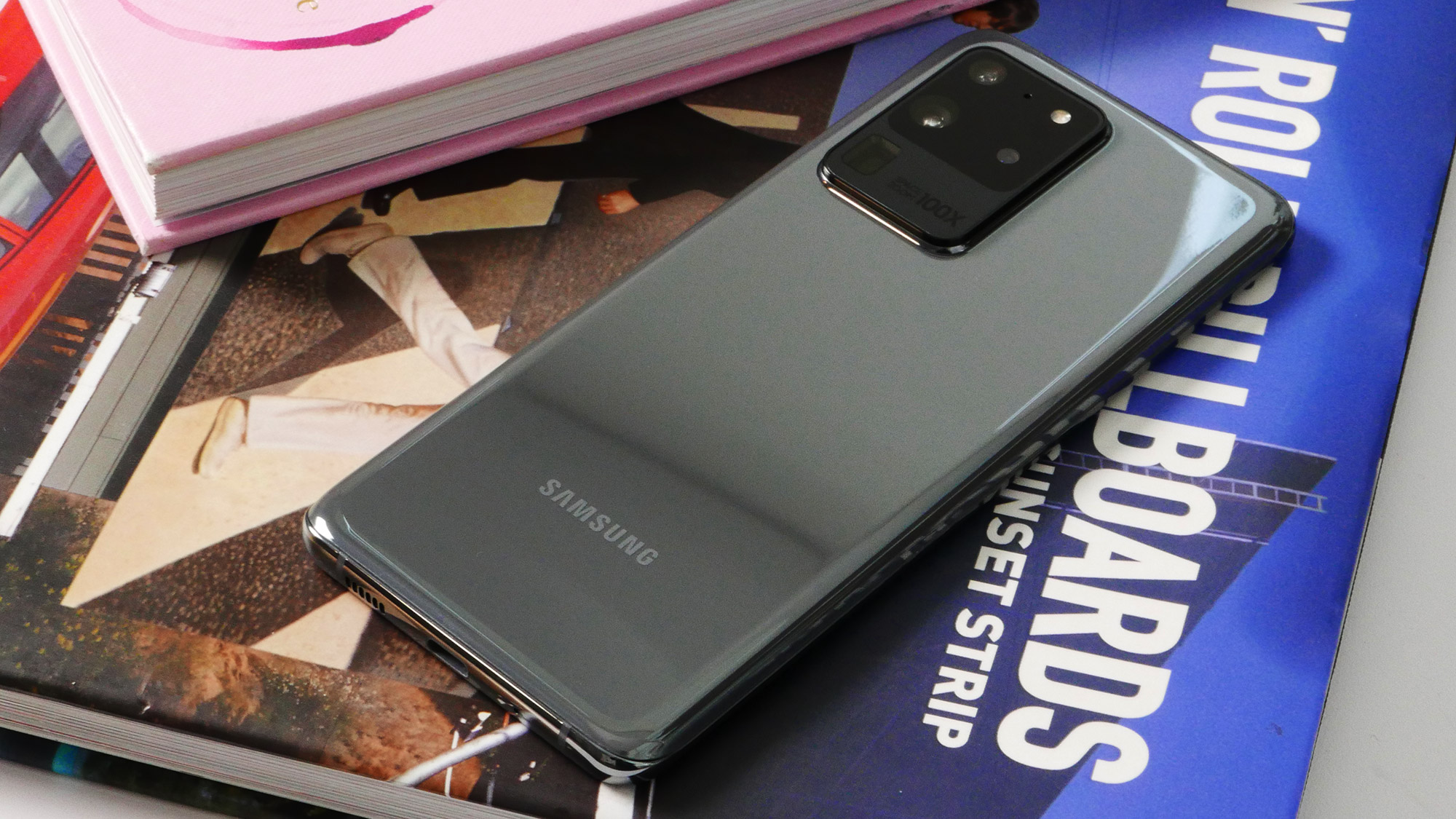ARM Cortex-A78 revealed: Meet the chip that will power the Galaxy S30
Arm's 2021 chipsets have been announced, showing us the underpinnings of next year's smartphones

Arm just unveiled the hardware that will likely power the Samsung Galaxy S30 and Galaxy Note 30, OnePlus 9 and any other 2021 Android flagship phone you can think of. And it's good news for performance fans, whether you've got a tight budget or an unlimited one.
Arm, a company allied with famous chip makers like Qualcomm, HiSilicon and even Apple and its partners, makes the designs for CPUs, GPUs and NPUs that its manufacturing partners then license and build into actual products. This is why Arm's announcements are always a big deal for smartphone fans: its tech pretty much runs every joint in town.
- The best phones you can buy today
- Samsung Galaxy S20 Ultra review
The main trio of new IP is made of the Cortex-A78, Mali-G78 and Ethos-N78 chips. These CPU, GPU and NPU designs respectively offer the highly desirable duo of upgrades in increased performance for the same or lower power draw.
The Cortex-A78's marquee achievement is a 20% boost to sustained performance, while being 15% smaller compared to last year's A-77 design that was used in chips like Qualcomm’s top-of-the-line Snapdragon 865. For graphics, the Mali-G78 offers a 25% increase in total performance, and the Ethos-N78 offers 20% greater efficiency for machine learning, again compared to last year’s chips.
However, Arm knows which way the wind is blowing in the smartphone world. Budget and mid-range devices like the iPhone SE 2020 are becoming more common, while premium flagships are gaining power and features at an unprecedented rate, such as the almighty Samsung Galaxy S20 Ultra.
To that end, Arm has also debuted the Cortex-X custom program and the Mali-G68 GPU. Cortex-X is a joint development effort between Arm and some currently unnamed partner companies to achieve up to 30% higher peak performance over last year's chips by modifying the CPU architecture to better suit their needs.
As an example, this could mean lowering power efficiency beyond what Arm allows for the normal Cortex-A78 in exchange for class-leading performance on flagships or phones with large displays. The Cortex-X does take up more space however, but since these are customized chips, this is something the manufacturers will be able to account for. While Arm's keeping quiet about who it's working with on this project, we can expect news soon about who's going to be making the most of this more tailored approach to chip design.
Sign up to get the BEST of Tom's Guide direct to your inbox.
Get instant access to breaking news, the hottest reviews, great deals and helpful tips.
Meanwhile, the Mali G68 is a cutdown version of the G78 that offers similar features to phones and devices with less space or smaller component budgets. Given the now $1,000-plus pricing of many top smartphones, it's encouraging to hear that you won't always need to buy the latest iPhone or Samsung handset to get the best experience.
Arm says it's targeting these designs to work with and enhance the hottest features on smartphones today - stuff like super zoom, foldable folds, AR and VR, as well as more basic requirements like 5G connectivity, phone data security and power management. You'll see all these advancements starting early next year on the biggest Android phone releases.
However Apple fans will likely be getting in on the action with the long-rumored ARM MacBook thought to be arriving in 2021, and a new generation of Apple's A-series CPU near enough guaranteed to debut in the iPhone 12 later this year, both using custom chipsets based on ARM's designs.

Richard is based in London, covering news, reviews and how-tos for phones, tablets, gaming, and whatever else people need advice on. Following on from his MA in Magazine Journalism at the University of Sheffield, he's also written for WIRED U.K., The Register and Creative Bloq. When not at work, he's likely thinking about how to brew the perfect cup of specialty coffee.
